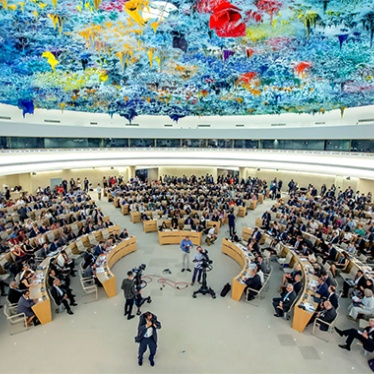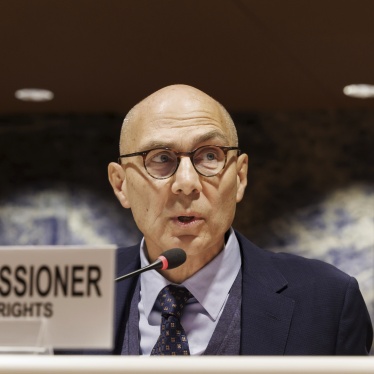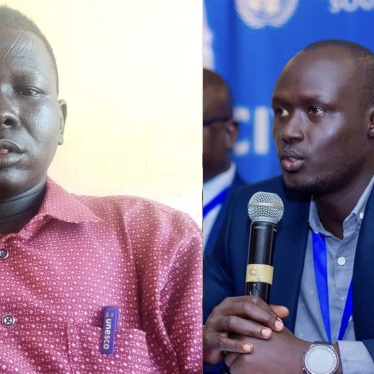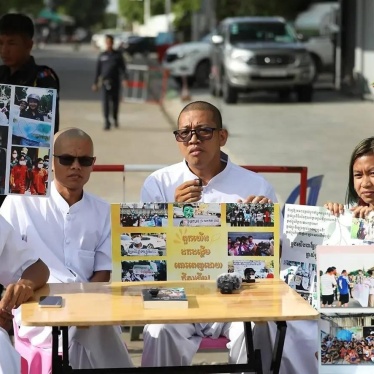We welcome the High Commissioner’s release of the database of businesses contributing to illegal Israeli settlements. The report brings a degree of transparency to business activities and helps build pressure on companies to stop contributing to rights abuse and to comply with their human rights responsibilities. As the report notes, the Human Rights Council has already decided that the database should be updated annually, and the Council should act this session to ensure this important work can continue.
The High Commissioner has rightly insisted that any access to China’s Xinjiang region should be unfettered, so that she can conduct the in-depth analysis of the human rights situation in the country that is sorely needed. Surely no state can object to independent access and reporting so that the Council is better informed of the situation – even China claims it supports this goal. We therefore call on all delegations to publicly support the High Commissioner’s call, including presentation of a full report to the Council. No state should tarnish its credibility by endorsing China’s ludicrously self-congratulatory counternarrative until the Council has received a full independent assessment.
From the moment the Rajapaksas – implicated in war crimes – resumed office, they made it clear they intended to walk Sri Lanka away from the Council resolutions. Of course, withdrawal of cosponsorship is not possible more than two weeks after a session ends – all Sri Lanka has done is announce that it does not intend to honor its commitments to this Council, turned the resolution process from a consensual to a contested one, and joined the ignominious ranks of Myanmar, Syria and North Korea in refusing to accept responsibility for grave human rights violations.
There is no prospect that yet another domestic commission will advance justice for the tens of thousands summarily executed, tortured or forcibly disappeared. Apart from the long history of failed commissions, the OHCHR Investigation on Sri Lanka made clear that a purely domestic process could not promote meaningful accountability due to lack of judicial independence, risk of reprisals, political interference, and “the deep-seated and institutionalized impunity that generates the risk of such violations being repeated.”
The High Commissioner has stressed that Sri Lanka’s repeated failures to “establish a trustworthy domestic mechanism to address impunity” mean alternatives such as international investigations and prosecutions are needed. Sri Lanka has had its opportunity. Now the Human Rights Council needs to create an international accountability mechanism as a matter of urgency.







